
Cities
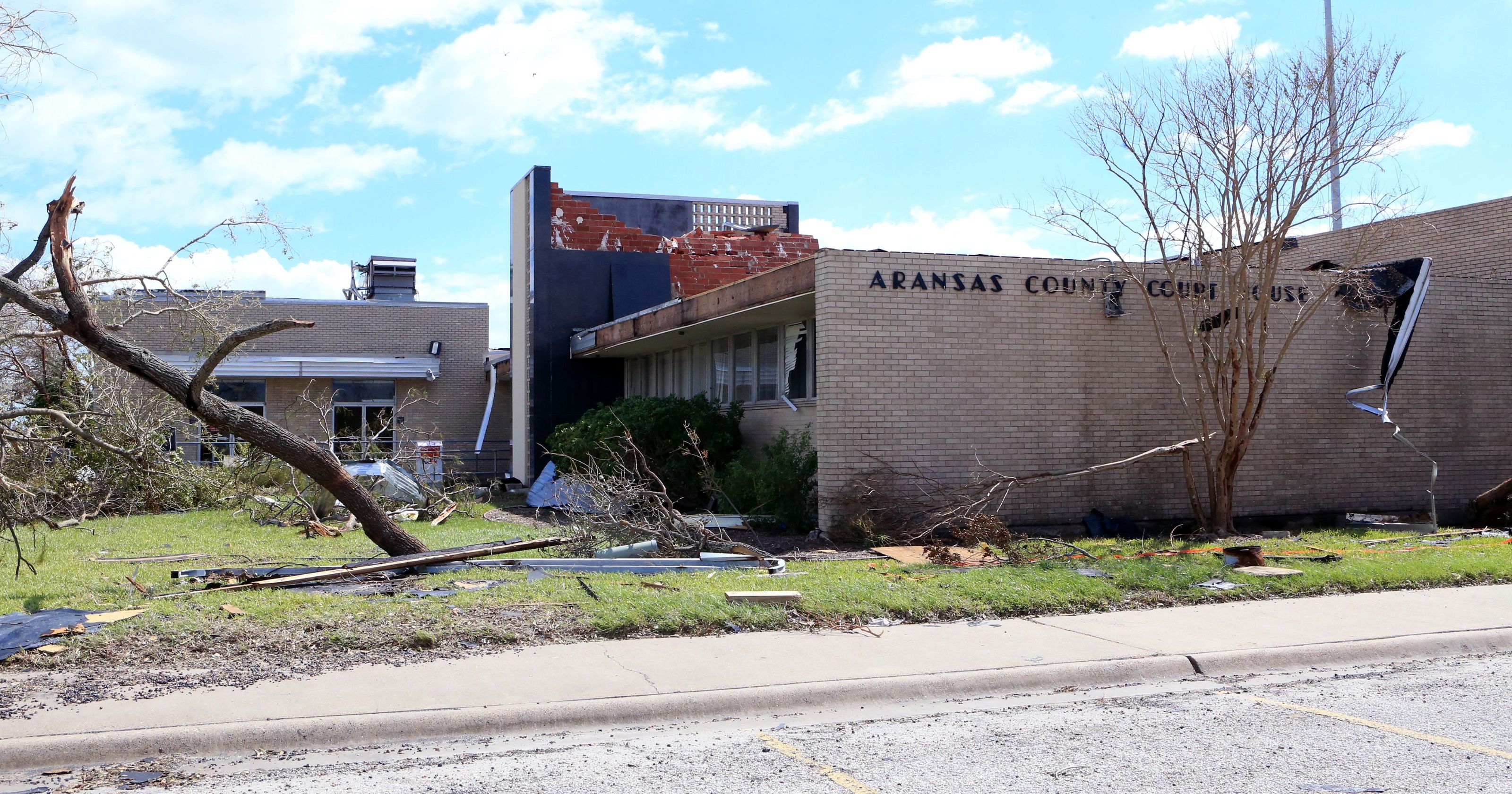
Aransas
"We were the impact zone, the eye of the storm, Hurricane Harvey, last August. And we're still healing. The community is doing better, but the school district took some real hits. Every one of our campuses had severe damage. We likely, permanently lost 400 kids. With 400 students being gone, we know that we had to make changes in personnel. So starting last May, we aggressively made cuts to staffing to keep up with what our numbers looked like at that point in time. That reduced our salary budget by $4,200,000. We thought that we could take that money and provide a reasonable raise to teachers. Little did we know what the state's funding formula was going to do to us. That $4,200,000 savings evaporated. The way that the funding formula works, we can't fund the budget that we had because of the 400 kids that we don't have. When a district loses students like that, you lose funding, and if you're a Chapter 41 district as we are, you don't lose funding, but you give more money to the state. And we've been a Chapter 41 district for the last 17 years. We've given upwards of $50 million to the state of our local property taxes. We're to the point where we're cutting off fingers and toes to save other body parts because of what Robin Hood funding has done. I don't think the legislature intended to have this multiple effect hurt us the way that it has, but it doesn't change the fact that it has hurt us. This little bitty school district on the coast of Texas, that got slammed by Harvey but who's been resilient enough to recover, is three years away from insolvency if we don't change something at the state level."
Jack Wright, School Board President, Aransas County Independent School District

Austin
"Austin is unique. Austin has had unprecedented increases in property taxes. Unfortunately because we're living under these old, antiquated school finance formulas that haven't been materially updated for 30 years, most of the money and growth that people see in their tax bills doesn't benefit their local schools. So it's difficult for them to understand why we're contemplating some of these potential decisions that could adversely affect their communities, like closing schools or eliminating programs that they think are important or cutting teachers in order to balance out these deficits when their property taxes are going up on average 14 to 15 percent every year. 52% of every single dollar that we collect in property taxes is going into the state under school finance. And so while Austin is very generous, people understand the need to share the wealth and make sure all kids across the state have what they need, the outdated funding formulas don't really account for the costs of needs today. They aren't indexed to inflation. They don't account for the growing needs of many of our vulnerable populations of kids who are coming to us. And because it hasn't kept pace with those costs, it has dragged all districts across the state to this low point where no one feels adequate. No one feels like they have sufficient dollars to serve their populations of students. That's the fundamental issue. Adequacy."
Nicole Conley Johnson, Chief of Business and Operations, Austin Independent School District, Currently serving on the Texas Commission on Public School Finance

Dallas
"We can pay now or we can pay later… but either way, we are definitely going to pay.
We have a tremendous number of costs that we as a state are incurring due to an education funding system that is not aligned with our goals: over $6 billion of uninsured medical costs because people with minimum wage jobs don’t have health insurance. Over $3.2 billion of incarceration costs because the large majority of inmates have low literacy rates and never received the education that they needed to participate in the work force.
And then the opportunity costs for our state are extraordinary. Every year, approximately 200,000 high school seniors who graduate high school in Texas still don't have a living wage credential six years later. If they did, they would make roughly a million dollars more in lifetime earnings if they got that credential.
That's $200 billion of lifetime earnings potentially lost with each and every graduating class… equal to one eighth of the Texas economy. Think of what that would mean to our state if every one of our own students got to participate in Texas’ prosperity. Great Texas jobs could go to more great Texas students, and we wouldn’t have to spend so much in recruiting educated talent outside of our state because our own kids weren’t provided the skills that our current workforce needs.
It's pretty clear to me that smart investing in key strategies that are data driven and proven to work will have a ROI for Texas that is off the chart. But that funding has to be strategic and enough to do the job... and we have to make sure that we're checking our progress every biennium to make sure that we're making the gains that we should be making, given the strategies we're funding."
Todd Williams, Chairman and CEO, the Commit Partnership, currently serving on the Texas Commission on Public School Finance

Fort Worth
"We cannot provide a good education for a child without proper financial resources. We lead the nation in economic development, but Texas is in the bottom quarter of the nation in what we spend on public education. So we ask the question why. We have the means to educate our children. Do we have the will? The place to create that will is in every neighborhood in Texas. Our little church, Bread Fellowship, we're involved in DeZavala elementary. Classroom teachers are paying up to a thousand dollars a year out of their own pocket on school supplies. First time I heard a preschool teacher and a first grade teacher tell me how much money she spent at Walmart on clothing for little kiddos that have accidents in their classrooms, I was astonished. I don't mean to be indelicate, but I want [you] to get that image, of a dedicated teacher bending over a child in love and care and compassion and restoring that child's dignity and self worth, and for our politicians to say that God has been taken out of that classroom? It's an outrageous lie and it needs to stop. We have to educate our children, we believe it's the will of God."
Charles Johnson, founder and executive director of Pastors for Texas Children
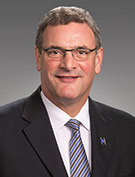
Houston
"Public education has become an increasingly key priority of the [Greater Houston] Partnership and of the business community. You know, we pride ourselves in Houston and in Texas as being an opportunity state. But how can we say we're the opportunity state when so many of our young people really don't have that opportunity, by virtue of the failings of our public education system? There's nothing like every year sitting down to develop the HISD budget and starting with the fact that a bigger amount of money is heading to Austin this year than last year for recapture. That may put some stress on HISD to raise its taxes. That's really the only tool left to the individual school district to affect its resource balance is to consider raising its tax rate, which the state has made difficult. But when we start thinking about directing additional funding at poor performing schools, will money help? Yes, but it's money that's alongside changing the principals. It's money that's alongside attracting the best teachers to the schools. It's money alongside the community coming together to provide more support to the schools. So how do we support a vibrant economy? How do we create the state we want to create? Public education is at the heart of all that."
Bob Harvey, President and CEO of the Greater Houston Partnership
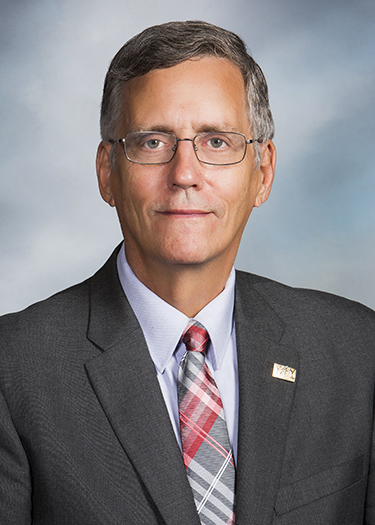
Katy
"We're a rapid growth district. [We're] growing a couple of thousand or more students a year. [We're] adding elementary schools and junior high schools and a high school on pretty regular cycles. School districts tend to build palaces. And I think that we could have less costly construction. I wouldn't be on the school board if the prior superintendent and the prior school board hadn't stuck [a football] stadium down the throats of the taxpayers. But in the scheme of things, the fact that we built a grand palace does not really affect the taxes or the tax rates that pay teachers, pay bus drivers, pay counselors, pay principals, assistant principals. It doesn't really affect the day to day operations of a school district. Do you really want to tell school districts to do away with band and drill team and football? That is part of the culture. I do believe that there are structural issues in spending in school districts that could be cut back. But the notion that spending is just grossly out of control, in districts like Katy, it's just not true."
George Scott, Public Policy Researcher
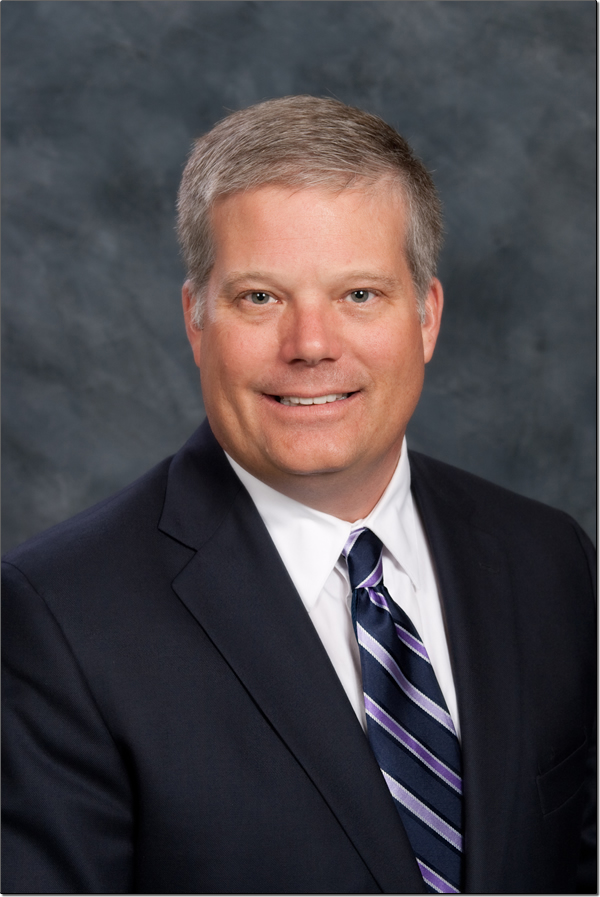
Lufkin
"We have 8,000 kids, or there about. And we have about 1,600 employees, over half of which are teachers. 86 percent of our budget is salary driven. And so that's a chunk of your budget every year. Our district pays about 10 to 15,000 less than some of the metropolitan districts do at the same level of experience. So we're competing in a market that we're disadvantaged in. Then, because we are a rural district and our district's pretty big geographically, a large transportation budget. And then, lastly, facilities maintenance, taking care of what we've already got, roofs, air conditioners, computer systems, all of that. You can't do all three every year with the funding level at the state, you've got to ignore one. And once you ignore it, you're behind the curve for life. And you can only hope that something happens along the way, you get some additional funding, you get some additional industry or something that bumps your tax base and then you catch up by taking it out of fund balance. The lack of funding makes it impossible to, say, do a maintenance schedule on a set of buildings. When 86 percent of your budget is salary then you know, you don't have much left to work with to be “inefficient” with. So that's, on a grand scale, what our problems are in a town like Lufkin."
Scott Skelton, School Board President, Lufkin ISD, Founding Partner, Skelton, Slusher, Barnhill, Watkins & Wells, Attorneys at Law
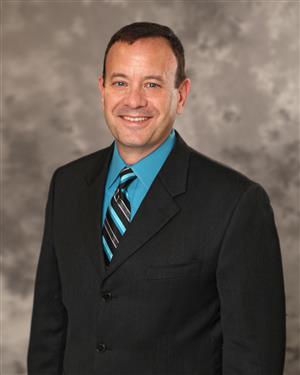
Pflugerville
"Our demographer is projecting that we're going to grow about 700 students a year over the next five years. So that's roughly the size of an elementary school a year. So in any given year we may need more buildings and there is really no state assistance for districts in our situation to address those needs. And there used to be, there used to be existing debt allotment money that used to be received by a lot of the fast growth districts, but our wealth levels have gotten to a point, they just haven't kept up with inflation, and so we just don't get that aid anymore. Well, if the state's not going to kick in for any of that, that puts the burden on the local property tax owner and we have to go out for bonds to pay for those buildings and that's burdensome. We have this thing called 'The Texas Miracle' as Rick Perry used to say, and most of the places where you see where fast growth districts are located are exactly where big companies that were brought into the state ended up locating. Well, they tend to buy houses and have kids and those kids have to go to school. So, we've had this great Texas miracle and we've offered incentives to businesses to come, but we haven't done what we needed to do to pay for the facilities and the infrastructure that are needed in those areas."
Dr. Doug Killian, Superintendent, Pflugerville ISD, Currently serving on the Texas Commission on Public School Finance
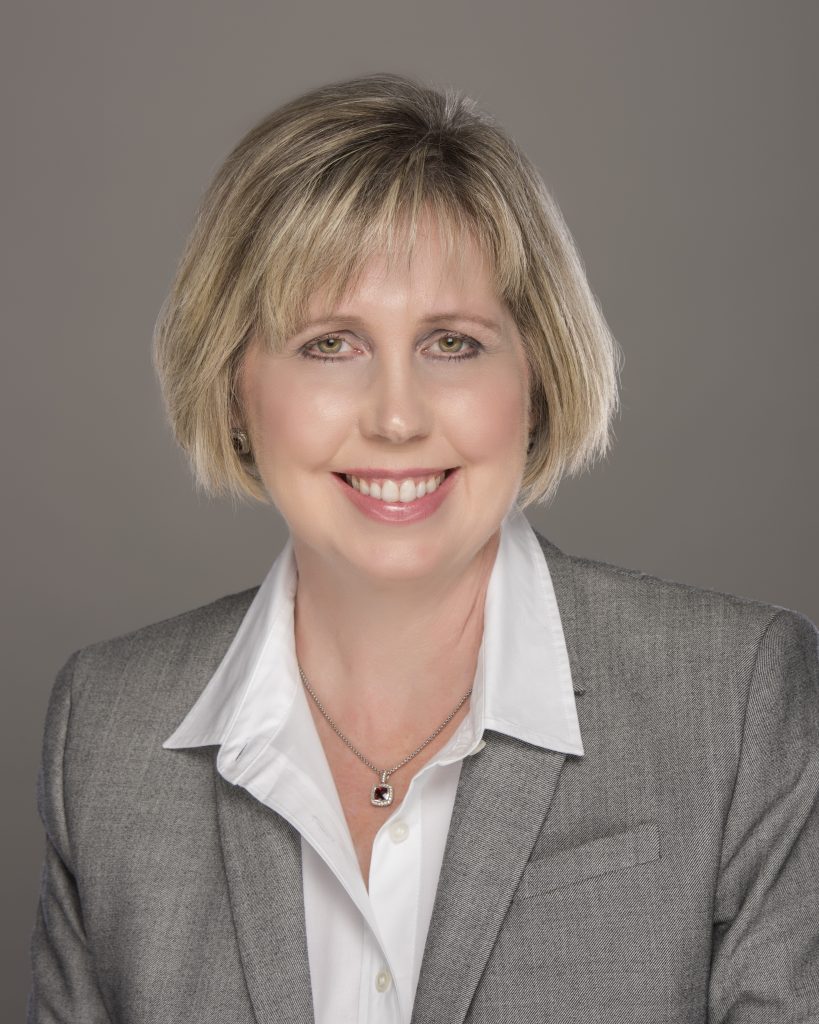
Plano
"Shortly after I got elected, we had the luxury of the high school allotment. That gave teachers two periods a day to do planning, on their own, and with others. We had to roll that back though when the legislature cut $5,400,000,000 from the budget. After we had the budget cuts from the state, we had to cut our budget because we had less. Right? So what is it that you cut? We wanted to give the community a choice. So in the 2013-14 school year, we gave our community the choice of deciding whether they wanted us to cut programming or would give us the authority to increase the M & O tax rate by thirteen cents. That was then. We just authorized a $208,000,000 payment to the state to make our state property tax payment. And that's how we look at it. It's something that community didn't vote on, and they don't see, but it's in their tax rate. What a district receives [from the state] is determined based upon their tax rate and their wealth. So what happens is if you're collecting more than the calculation, that's going to be extracted by the state and, “theoretically,” redistributed to others. Theoretically in quotes, because what really happens is that any increase in those recapture payments or taxes from property value growth, simply decrease the state's general revenue fund contribution that is required to finance schools. We call it a shell game. The local property tax payers are not supposed to be the only people paying for education."
Missy Bender, School Board President, Plano ISD, Management Consultant, IBM, Amdahl, and Champion International
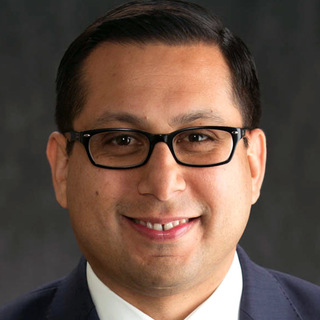
San Antonio
"My name is Diego Bernal, I'm the state representative for Texas House District 123 which is the urban core of San Antonio. The four districts that I have attendance zones for socioeconomically are very different. SAISD is one of the poorer districts in the city and the state. Alamo Heights, very, very different, right? Much more well to do, a lot more real and political capital. Then you've got Northeast ISD, which is very much in the middle and Northside ISD, which is very much in the middle. Everyone is strapped for cash, right? There's not enough money to go around. Every educator, every school, every district we've talked to have said they need more money. When you cut close to $5 billion dollars from education less than a decade ago, trust me, you're starting from a very spartan place. When we're talking about Comp Ed money or ELL money, these weights have not been adjusted for three decades. You can't argue with a straight face that we're where we need to be with regard to those populations, especially because during that same time, the Comp Ed population, this is the sort of fancy term for kids on free and reduced lunch, which is the way that we measure poverty right now, that population has doubled in that time. They used to be about 28 percent. Now they're 61 percent. It's not as if we've once overfunded education and then smacked ourselves saying, oh, that was a mistake. So, you know, what's wrong with understanding that resources matter?"
Diego Bernal, State Representative, Texas House District 123, Currently serving on the Texas Commission on Public School Finance
Are you involved in your local school district? How would you like to see our school finance system improve?
Student-Centered Education Policy Statewide
InvestEdTX (ITX) is a non-partisan education coalition that focuses on Texas public school students and postsecondary readiness and success for all. We believe Texas students and Texas public schools are capable of great things. System leaders should leverage data-driven practices and targeted investments to set strong academic foundations, close opportunity and achievement gaps, and ensure a high-quality public education so students can meet their full potential.



